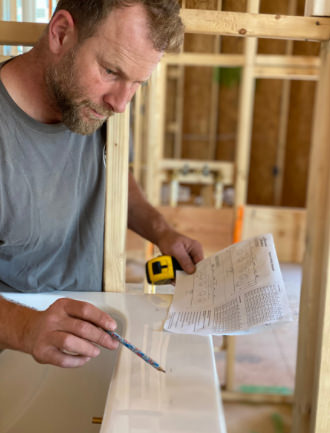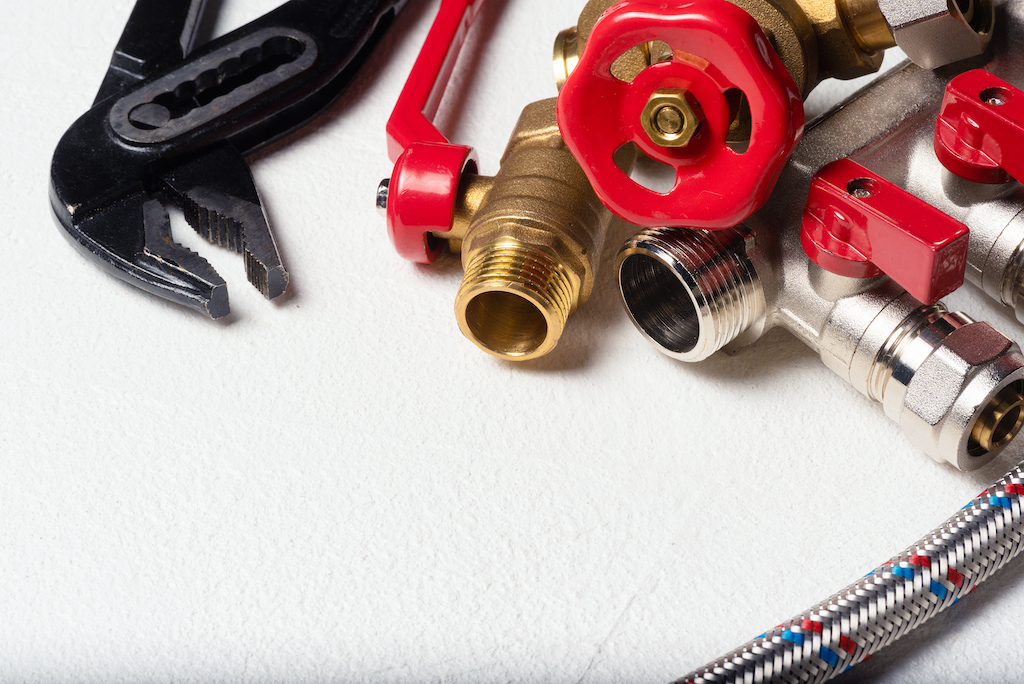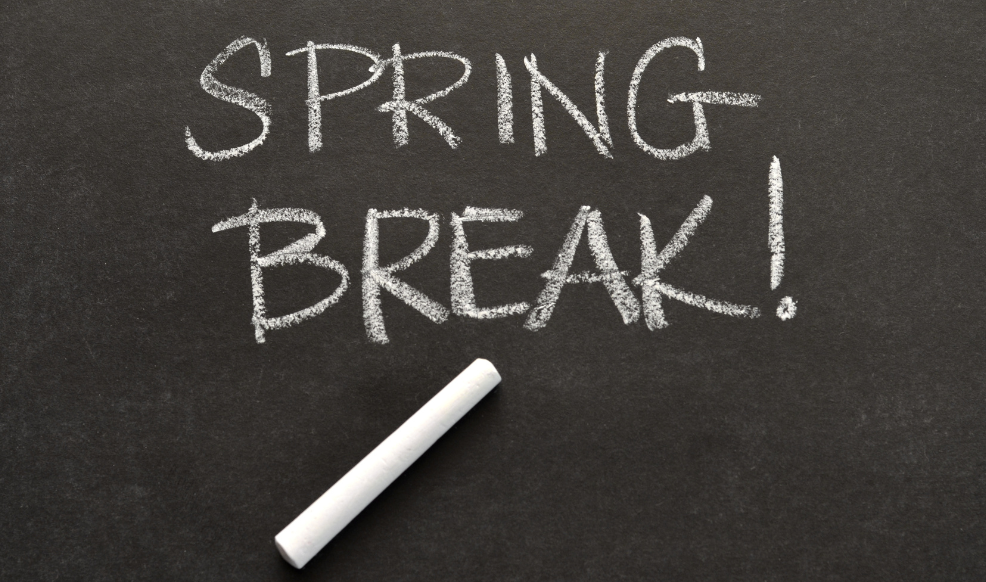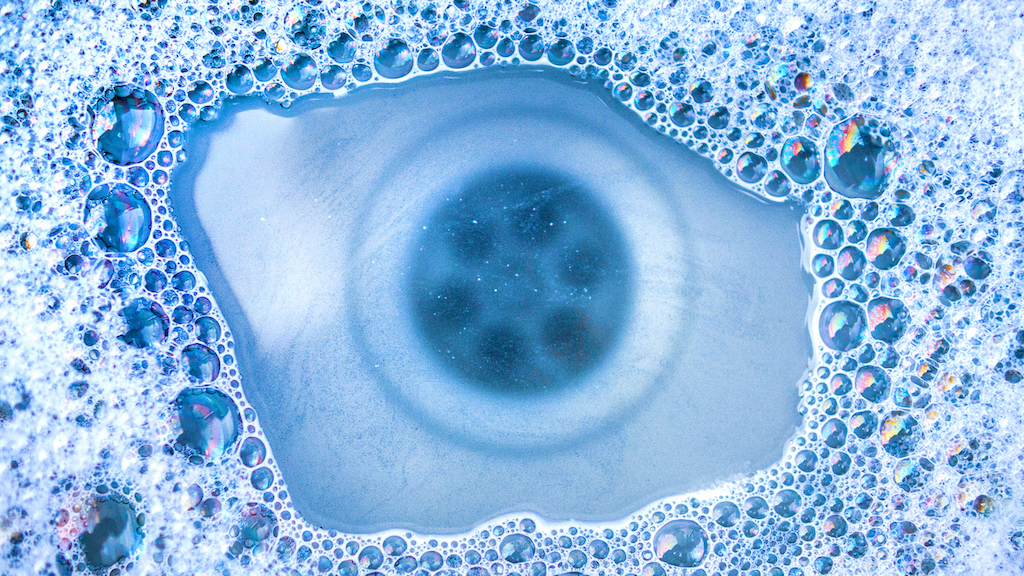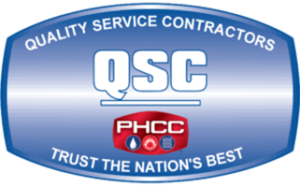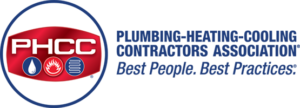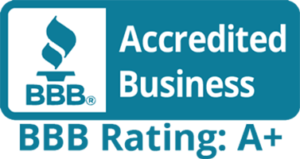Plumbing is the unsung hero of modern living, providing us with clean water for various daily activities and safely removing wastewater from our homes. While it’s easy to take our plumbing systems for granted, understanding the basics of plumbing can empower homeowners to perform simple maintenance tasks, recognize potential issues, and make informed decisions when it comes to repairs and upgrades. In this blog, we will delve into the fundamentals of plumbing, demystifying this crucial aspect of our daily lives.
- Plumbing System Components
At its core, a plumbing system is a network of interconnected pipes, valves, fixtures, and drains that work harmoniously to provide water and dispose of waste. Key components of a plumbing system include:
a) Water Supply Lines: These are the pipes responsible for bringing fresh, clean water into your home from the municipal water supply or a private well.
b) Fixtures: Common fixtures include sinks, faucets, toilets, bathtubs, showers, and appliances like dishwashers and washing machines.
c) Drainage System: Wastewater flows through drainpipes, carrying it away from the fixtures and into the sewer or septic system.
d) Ventilation Pipes: These pipes allow air to enter the plumbing system, facilitating proper drainage and preventing the buildup of harmful gases.
- Water Pressure and Flow
Water pressure is the force at which water is delivered through the pipes. Understanding water pressure is crucial for efficient water usage and identifying potential issues. Low water pressure can be caused by clogs, leaks, or mineral buildup, while high water pressure can strain pipes and fixtures over time.
- Types of Plumbing Pipes
Various materials are used for plumbing pipes, each with its own set of advantages and disadvantages:
a) Copper: Durable and resistant to corrosion, copper pipes are commonly used for water supply lines.
b) PEX: Cross-linked polyethylene (PEX) pipes are flexible and easy to install, making them a popular choice for both water supply and radiant heating systems.
c) PVC: Polyvinyl chloride (PVC) pipes are widely used for drain lines and vent pipes due to their affordability and resistance to chemical and bacterial corrosion.
d) Galvanized Steel: Older homes may have galvanized steel pipes, but they are prone to rust and can decrease water flow over time.
- Shut-Off Valves
Knowing the location of shut-off valves is crucial in case of emergencies or repairs. The main water shut-off valve, typically located near the water meter, stops the water supply to the entire house. Additionally, individual fixture shut-off valves allow you to isolate specific fixtures without interrupting water flow to the rest of the house.
- Common Plumbing Issues and Maintenance
a) Leaks: Leaky faucets, toilets, and pipes can waste water and lead to water damage. Promptly fix leaks to conserve water and prevent costly repairs.
b) Clogs: Regularly clean and maintain drains to prevent clogs from accumulating and causing backups.
c) Water Heater Maintenance: Flushing the water heater tank and checking for sediment buildup can extend its lifespan and maintain optimal performance.
d) Frozen Pipes: Insulate exposed pipes during colder months to prevent freezing, which can lead to bursts and costly repairs.
Understanding plumbing basics empowers homeowners to be proactive in maintaining their plumbing systems and recognizing potential issues. While some plumbing tasks can be tackled as DIY projects, it’s essential to know your limits and call in a professional plumber for complex issues or major upgrades. Regular maintenance, proper water pressure management, and knowledge of shut-off valves are essential elements of responsible homeownership. By taking the time to understand the fundamentals of plumbing, you can ensure a smoothly running plumbing system that supports your daily needs and protects the value of your home.
